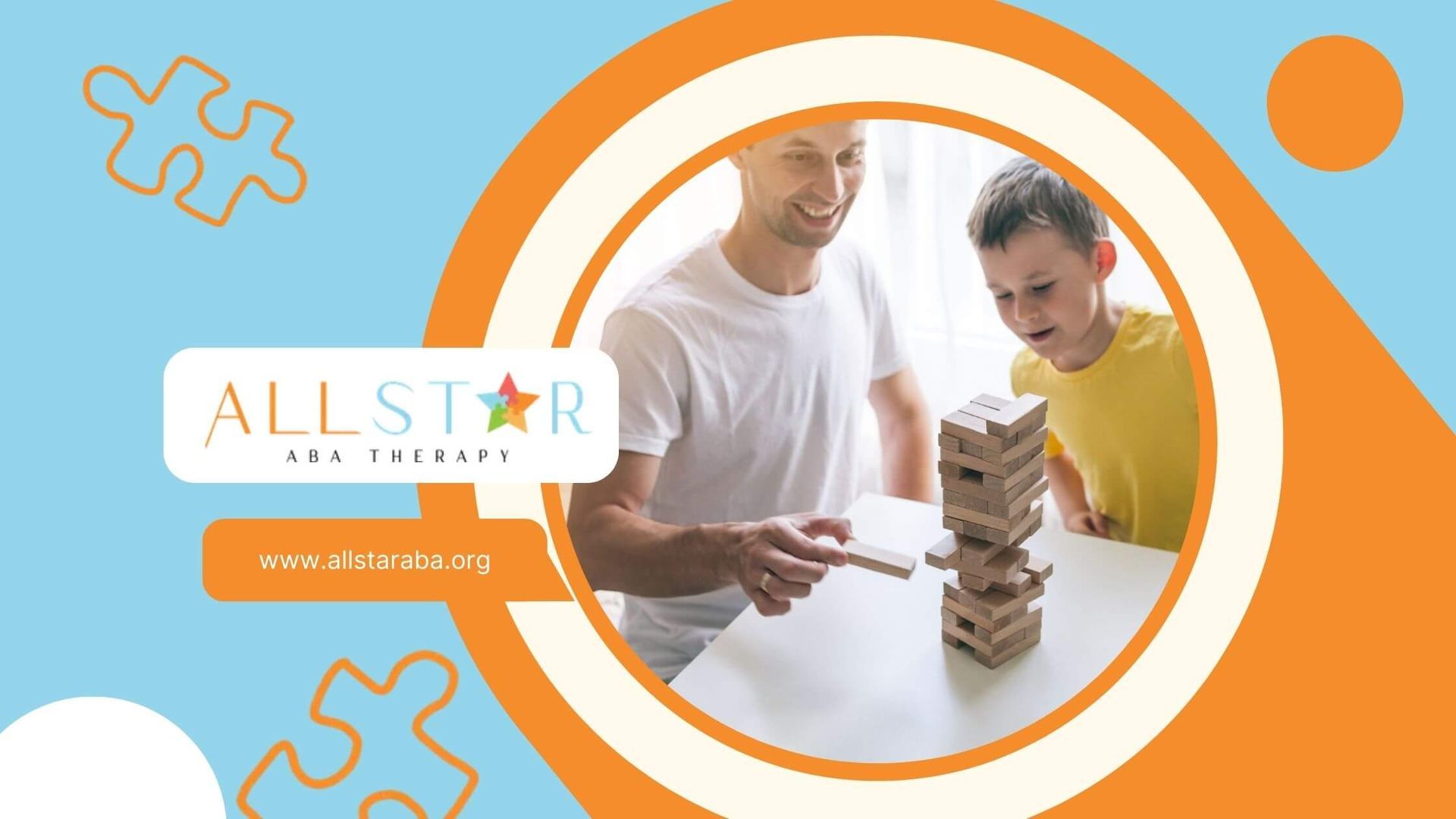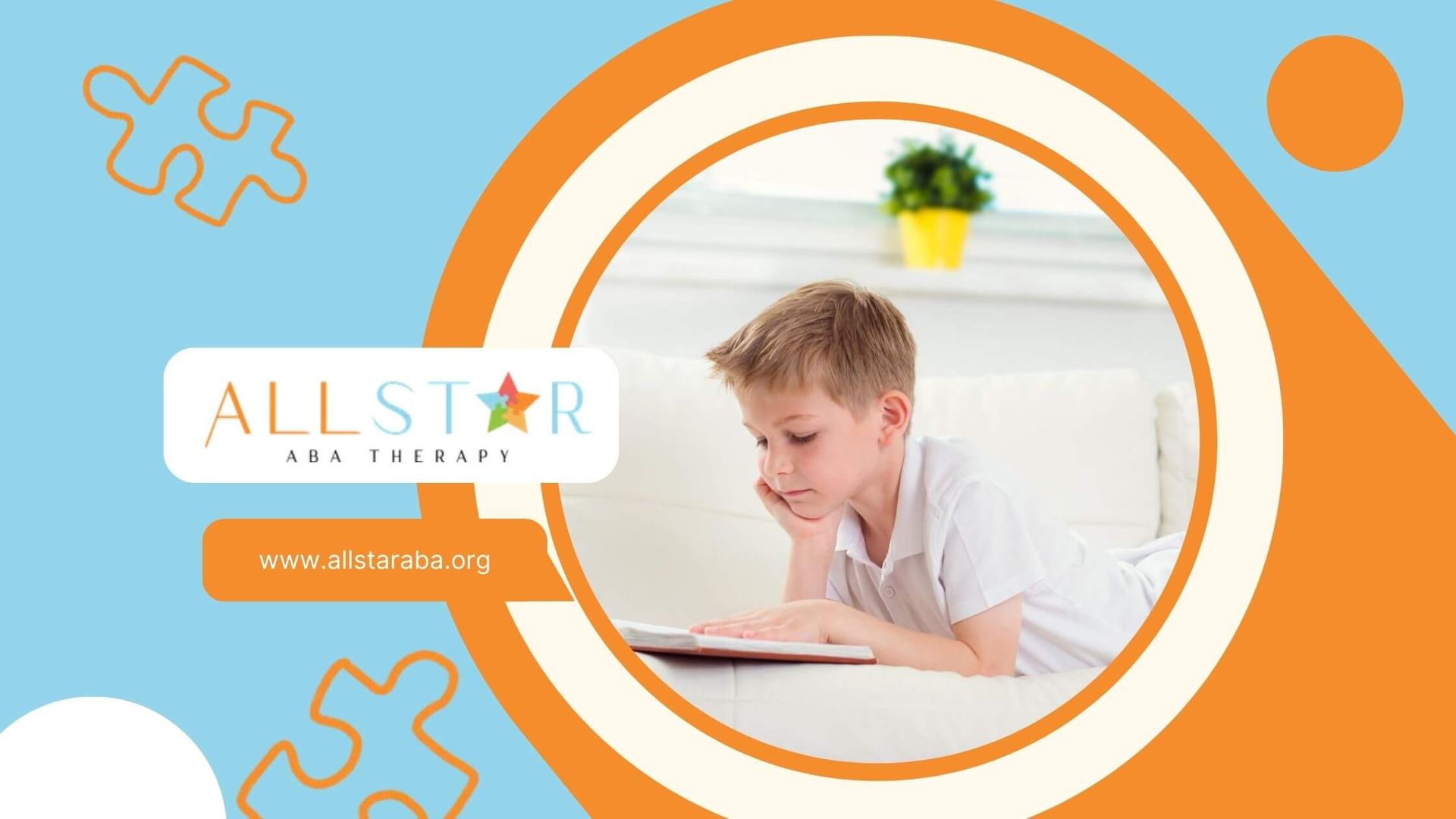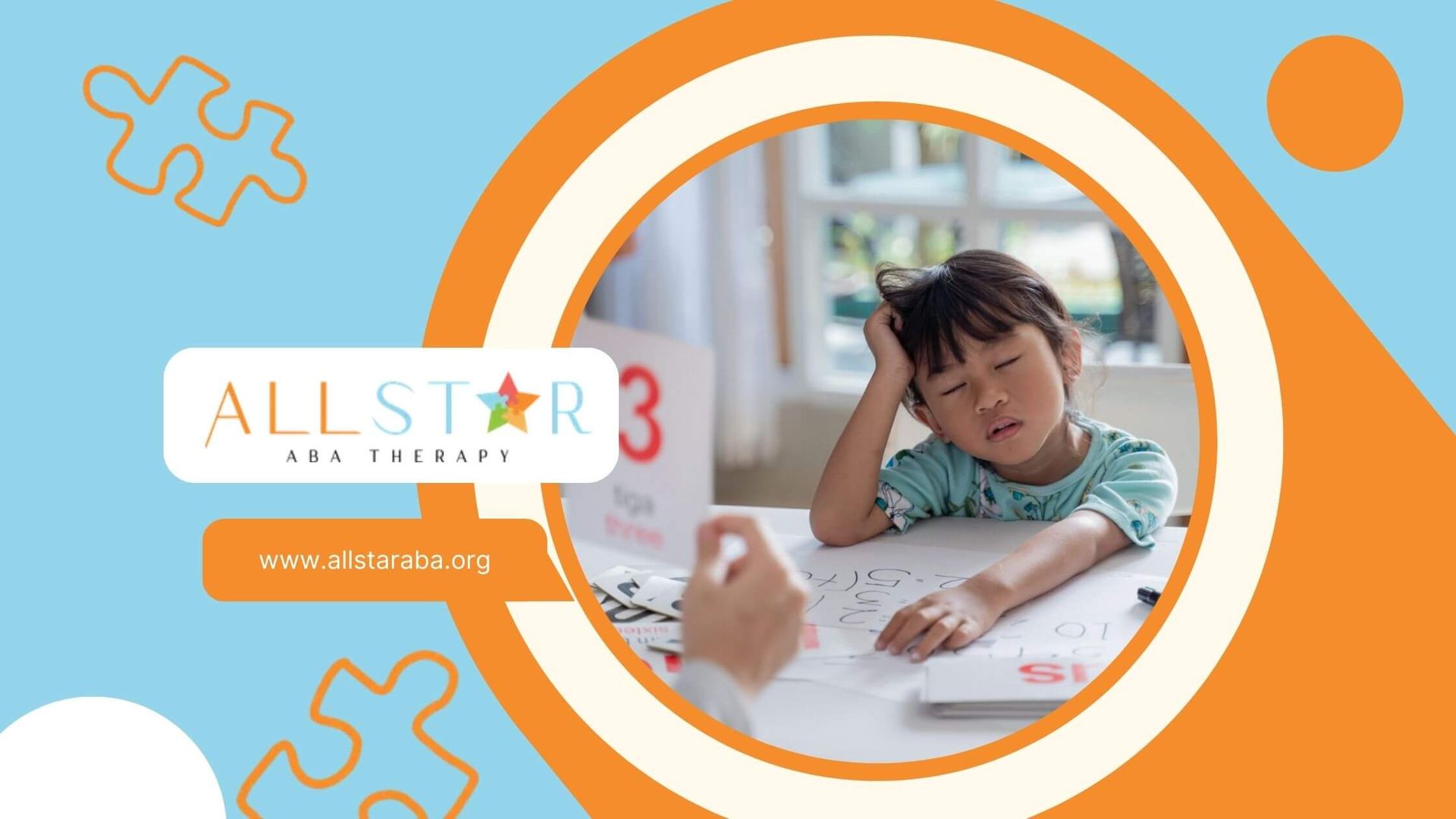New Paragraph
How Autistic Brains Process the World Differently
Every child’s brain is different. But for children with autism, research shows their brains are wired in ways that set them apart.
Some of these differences make everyday life more challenging, while others highlight incredible strengths. Knowing what makes autistic brains unique can help you better understand your child and how they see the world.
Understanding Autism Through the Brain
Autism isn’t caused by one single factor. It’s a spectrum, and every child presents differently. But one thing researchers agree on is that autism is connected to differences in brain development and connectivity.
Instead of thinking of the autistic brain as “less than” or “broken,” it’s more accurate to think of it as wired differently. These differences can make some things harder, but they can also create unique strengths and perspectives.
How Autistic Brains Process Information
One of the most noticeable differences is in the way autistic brains handle incoming information.
Attention to Detail
Children with autism often notice patterns, shapes, or inconsistencies that others miss. This incredible attention to detail can be a strength in subjects like math, science, music, or art.
At the same time, focusing on details can sometimes make it harder to step back and see the bigger picture.
Sensory Processing Differences
The autistic brain can be highly sensitive—or under-responsive—to sensory input.
- Over-responsivity: A buzzing light, scratchy tag, or sudden noise might feel unbearable.
- Under-responsivity: Some children may not notice their name being called or may seek out strong sensory input (like spinning, jumping, or squeezing).
These differences help explain why everyday environments can sometimes feel overwhelming or, on the flip side, under-stimulating.
Slower or Faster Processing Speeds
Some studies suggest that autistic brains process certain types of information more slowly or differently than neurotypical brains. This doesn’t mean a child isn’t capable—it just means their brain may need more time or a different approach.
Brain Connectivity and Communication
Brain imaging has given us fascinating insights into how autistic brains connect.
Hyper- and Hypoconnectivity
Some parts of the autistic brain show hyperconnectivity (stronger-than-average connections), while others show hypoconnectivity (weaker-than-average connections). This can explain why certain skills flourish while others lag behind.
Social and Communication Pathways
Differences in how the brain’s “social networks” communicate may make it harder to read facial expressions, understand sarcasm, or keep up with quick back-and-forth conversations.
It’s not that autistic kids don’t want to connect—it’s that their brains process those social signals differently.
Executive Functioning
Executive functioning skills—like planning, shifting attention, and organizing—can also be impacted. This helps explain why transitions, changes in routine, or multi-step tasks are especially challenging for some autistic children.
Memory and Learning in Autistic Brains
Memory works differently too.
Strong Rote Memory
Many autistic kids have an impressive ability to remember facts, numbers, or scripts from movies or books. This strong rote memory can be a huge asset in academics and special interests.
Challenges with Flexible Thinking
On the other hand, recalling information in new or flexible ways can be more challenging. For example, a child may know the word “dog” when looking at a picture but struggle to generalize it to a dog in real life.
Emotional Regulation and the Autistic Brain
Emotional regulation is closely tied to brain differences.
Heightened Stress Response
Some autistic children experience stronger stress reactions due to differences in the amygdala (the brain’s “alarm system”). This can make anxiety, meltdowns, or shutdowns more likely when faced with overwhelming situations.
Difficulty with Self-Regulation
Because self-regulation skills are tied to executive functioning, autistic children may need more support learning calming strategies, routines, or coping tools.
Strengths of the Autistic Brain
It’s important to remember that differences also bring strengths. Many autistic individuals excel at:
- Deep focus on areas of interest
- Innovative problem-solving by thinking outside the box
- Unique perspectives that challenge conventional thinking
- Strong honesty and integrity in communication
By recognizing these strengths alongside challenges, parents and professionals can nurture a child’s full potential.
Why Understanding Brain Differences Matters
For parents, knowing how autistic brains differ helps shift perspective. Instead of seeing behaviors as defiance or “quirks,” you can understand them as responses to a brain that processes the world differently.
This mindset fosters:
- More patience in daily life
- More effective support strategies
- A deeper sense of acceptance and empathy
Helping Autistic Brains Thrive
Understanding is the first step, but support is where real growth happens. Children benefit when parents:
- Adapt the environment (reducing sensory overload, adding visual supports)
- Use evidence-based approaches like ABA therapy to build skills
- Practice flexibility in how learning happens (structured lessons + natural environment teaching)
- Celebrate strengths instead of only focusing on challenges
Autistic brains are not less capable—they are different. Those differences come with both challenges and gifts. When parents and caregivers understand how the brain works, they can respond with compassion and provide the right kind of support.
The goal isn’t to change who a child is. It’s to help them thrive, feel confident, and share their unique way of seeing the world. Knowing how your child’s brain works changes everything—it builds patience, confidence, and understanding.
At All Star ABA, we put that knowledge into action through in-home ABA, center-based programs, school-based services, and parent training.
If you’re ready to explore personalized ABA therapy in Maryland or Virginia, contact us today to get started.
FAQs
Are autistic brains wired differently?
Yes. Research shows that autistic brains have unique connectivity patterns and process sensory input, communication, and information differently.
Does autism affect intelligence?
No. Autism is not about intelligence—it’s about differences in brain wiring. Many autistic individuals show strong skills in memory, problem-solving, and creativity.
Why is it important to understand autistic brain differences?
Understanding brain differences helps parents and caregivers support children with patience, adapt environments, and focus on strengths.
Sources:
https://pmc.ncbi.nlm.nih.gov/articles/PMC10824605/
https://www.uclahealth.org/news/release/autistic-brains-develop-more-slowly-than-healthy-brains
https://pmc.ncbi.nlm.nih.gov/articles/PMC10291371/
https://www.sciencedirect.com/science/article/pii/S1364661325000877
https://www.urmc.rochester.edu/news/publications/neuroscience/through-the-eye-of-the-beholder-people-with-autism-may-process-illusory-shapes-differently
Need Support?
We're Here to Help!
Our experienced team is ready to assist you. Reach out today to discuss how we can support your child's development and well-being.
Get started with expert ABA therapy today.








